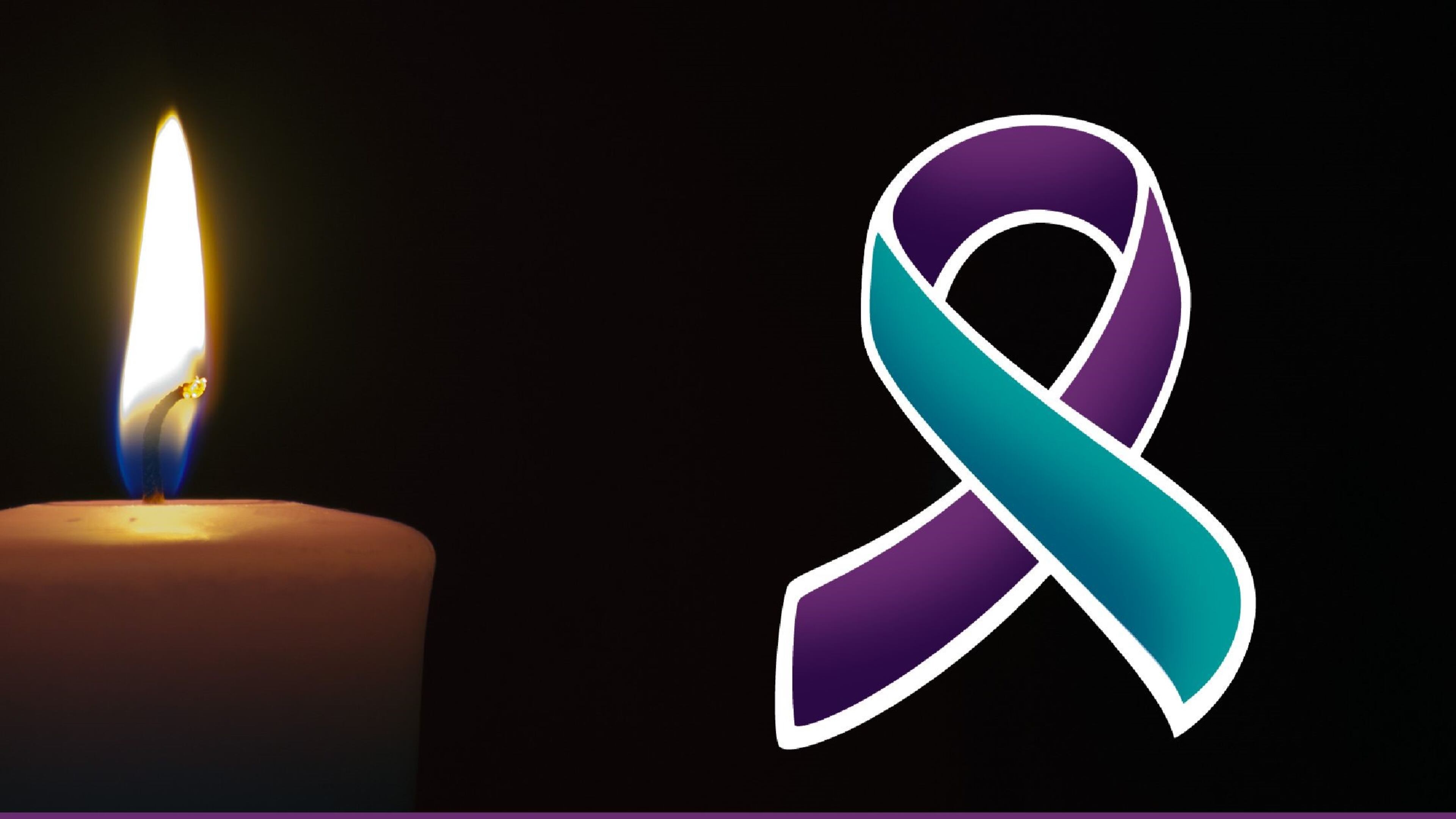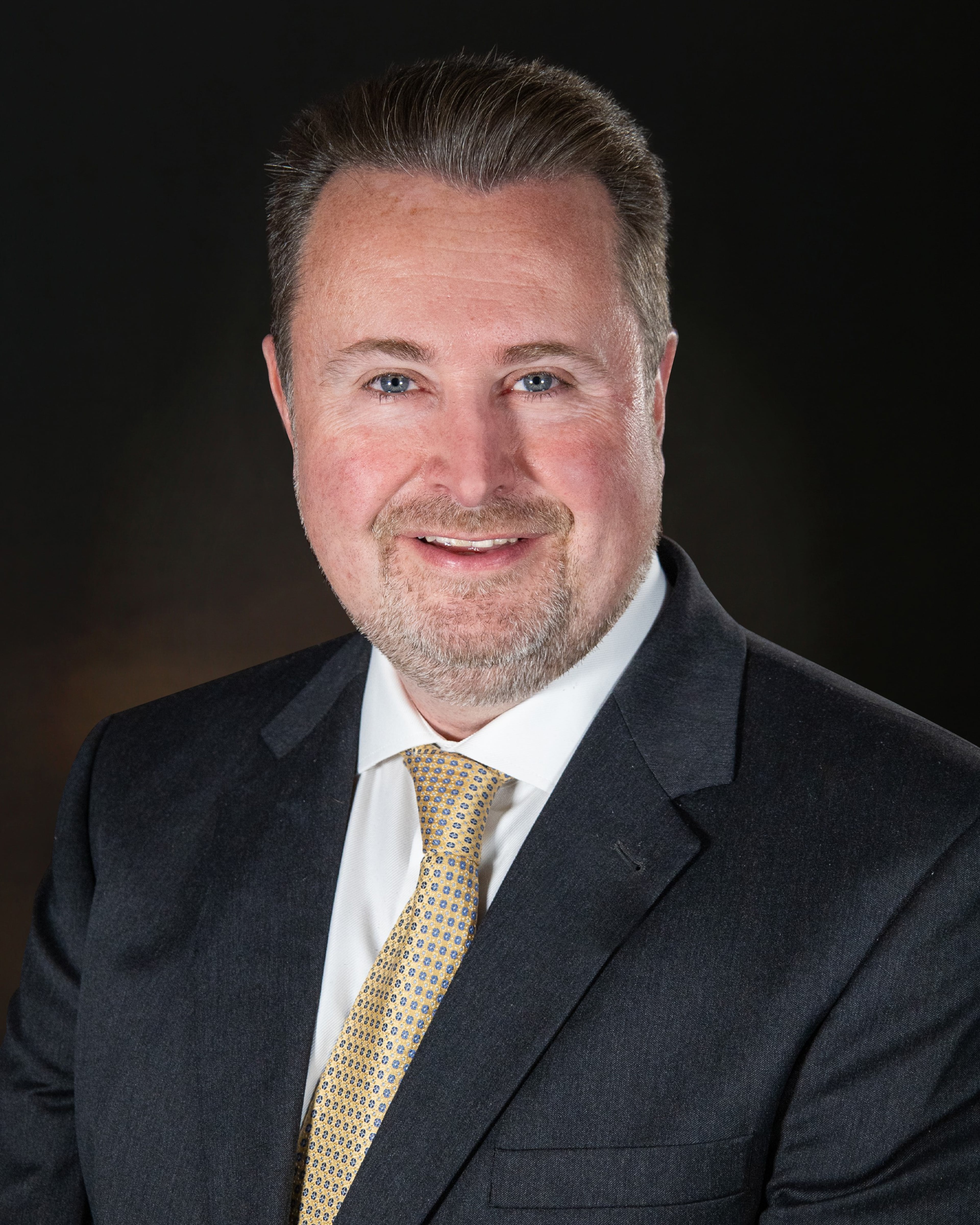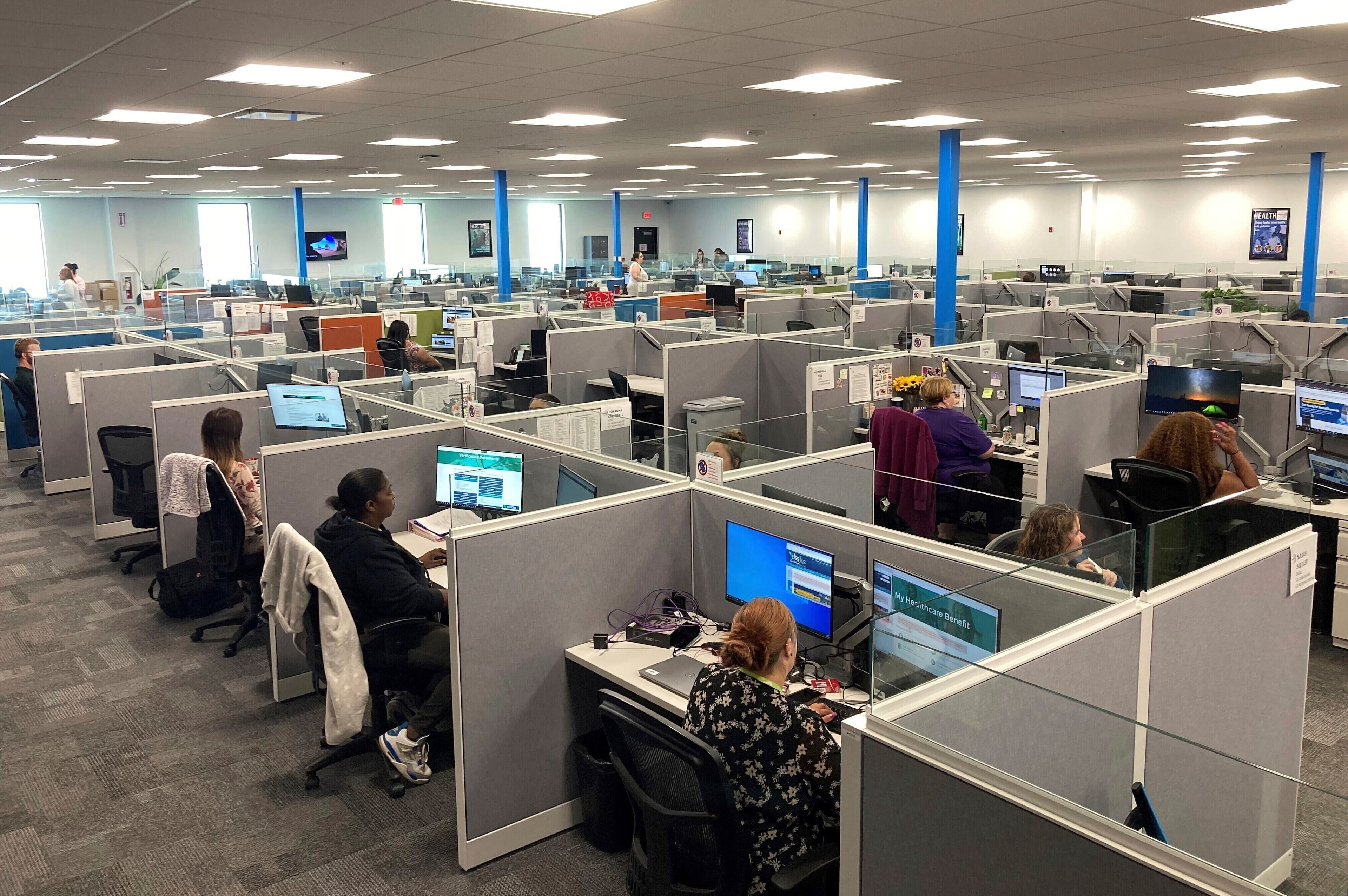Suicide is a top U.S. cause of death. Here’s what Georgia’s doing about it.

Suicide is a leading cause of death nationwide, and September marks the observance of National Suicide Prevention Month.
In 2023, the Centers for Disease Control and Prevention (CDC) estimated that 49,000 people living in the United States died by suicide that year. This equates to one such death every 11 minutes. Rates of self-harm in the United States have risen steadily in recent years, increasing almost 40% since 2000, cutting short the lives of our children, spouses, friends, coworkers and parents.
Here in Georgia, the 2023 suicide rate was nearly 15 per 100,000 people, slightly higher than the national average.
Because of the geographic and demographic diversity of our state, rates differ from county to county. Overall, suicide tends to disproportionately affect children ages 10-14, adults 25-44, and people living in rural areas. In fact, suicide is the second leading cause of death among this age group of children and teens.
As a parent, that is shocking — and there is nothing more important to me than working to keep our children safe.
Normalize conversations around suicide and self-harm
Something important to recognize in the conversation around suicide is that there is no singular risk factor. Knowing this, the Department of Behavioral Health and Developmental Disabilities (DBHDD), the state agency focusing on policies, programs and services for people with severe mental illness, substance use disorders, and developmental and intellectual disabilities, is spearheading several initiatives to prevent self-harm among all Georgians at risk.

But DBHDD is not working alone. To help guide these efforts, and in partnership with a group of more than 50 statewide collaborators, we published a five-year Suicide Prevention Strategic Plan. The plan offers guidance for any person, organization or agency to take evidence-based steps to implement suicide prevention recommendations.
DBHDD works with partners, such as the Georgia Department of Education, the Department of Agriculture, Georgia Primary Care Association, the Department of Veteran Services and Georgia’s institutions of higher education, to train staff and implement programs to reduce the rates of self-harm across the state — and across the populations most at-risk.
To reach higher-risk groups, especially children, it is important to normalize the conversation around suicide. This approach encourages people considering self-harm to reach out for help while reducing stigma surrounding the topic. Asking a friend or family member if they have ever considered dying by suicide actually reduces the chance they will ever self-harm. Showing kindness and compassion, along with knowing the resources available, are ways you can help prevent suicide.
988 offers the services of counselors to people in distress
One resource available to all Georgians is the 988 suicide and crisis hotline. This is a direct line to counselors who are available for compassionate, accessible care and support 24 hours per day, seven days per week, 365 days per year. Anyone can use this free, confidential resource via phone, text or online chat for themselves or a loved one experiencing mental health distress.
DBHDD targets 988 marketing efforts for communities more vulnerable to self-harm, including people working in farming and agriculture, food preparation and service, and construction industries. The data shows that it is especially important that these populations know how to access help when they need it.
I am proud to share that the Georgia Poison Center partnered with DBHDD to develop a novel protocol for suicide prevention. The center has partnered with both 988 and 911 to manage incoming mental health crisis calls. As outlined in the American Journal of Public Health, the group collectively works to triage emergency calls between 988 and 911, connecting people in mental health crisis to specialized behavioral health services.
Poison control staff are trained to link people at risk of self-harm to 988 — and this is saving lives. Georgia is the first state in the nation to integrate emergency hotlines; this study showed improved outcomes for people experiencing mental health crises. It also highlights the important, collaborative role of poison centers in suicide prevention.
Perhaps the most important aspect of this prevention is outreach, not just at the state or national level, but at the individual level. You can make a difference. By simply starting a conversation with a friend or loved one, and having the courage to ask questions, you could save a life. By knowing about and being able to connect friends and family with life-saving resources and services like 988, you can be the starting point for recovery.
Kevin Tanner is commissioner of the Georgia Department of Behavioral Health & Developmental Disabilities.


